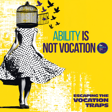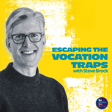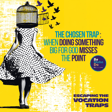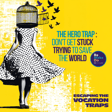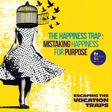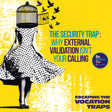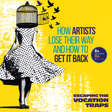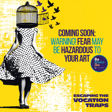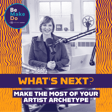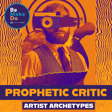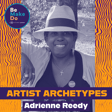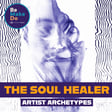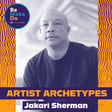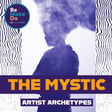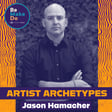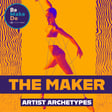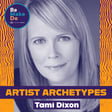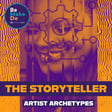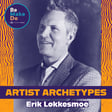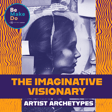
Artist Archetypes with Corey Frey
"Artists have the possibility of teaching us about what the kingdom of God is like."
In this episode of the Be. Make. Do. podcast, Lisa talks with Corey Frey, a visual artist, writer and community builder about the importance of curiosity and process over product.
Join us for our last interview in the Artist Archetypes series on artist motivations. The Maker, The Mystic, The Soul Healer, The Imaginative Visionary, The Prophetic Critic or the Storyteller? What's your archetype? Take the quiz here!
Come visit us this upcoming weekend as we are joining and attending The Breath and The Clay 2025, March 21st- March 23rd. Take Artist Spiritual Archetype quiz in person!
https://www.thebreathandtheclay.com/
Connect with Corey Frey
www.coreysfrey.com
www.thewellcollab.com
www.substack.com/@coreyfrey
Instagram: @coreysfrey
Instagram: @the_well_collaborative
Substack: @coreyfrey
Stay in touch and share your thoughts:
TikTok: @bemakedopodcast
Instagram: @bemakedopodcast
Facebook: @bemakedopodcast
YouTube: @BeMakeDoPodcast
Subscribe and follow Be.Make.Do. wherever you get your podcasts.
Corey Frey Bio:
Corey Frey is a multi-disciplinary artist, poet and art educator living in Maryland. In addition to his personal creative practice, Corey is the Exhibitions Manager at the Delaplaine Arts Center in Frederick Maryland and is one of the leaders in the Breath and the Clay Creative Arts Conference and the Makers and Mystic Creative Collective. He and his wife Christy founded The Well Collaborative, a community in Maryland that values creativity, curiosity and conversations about art, humanity, faith and culture.
